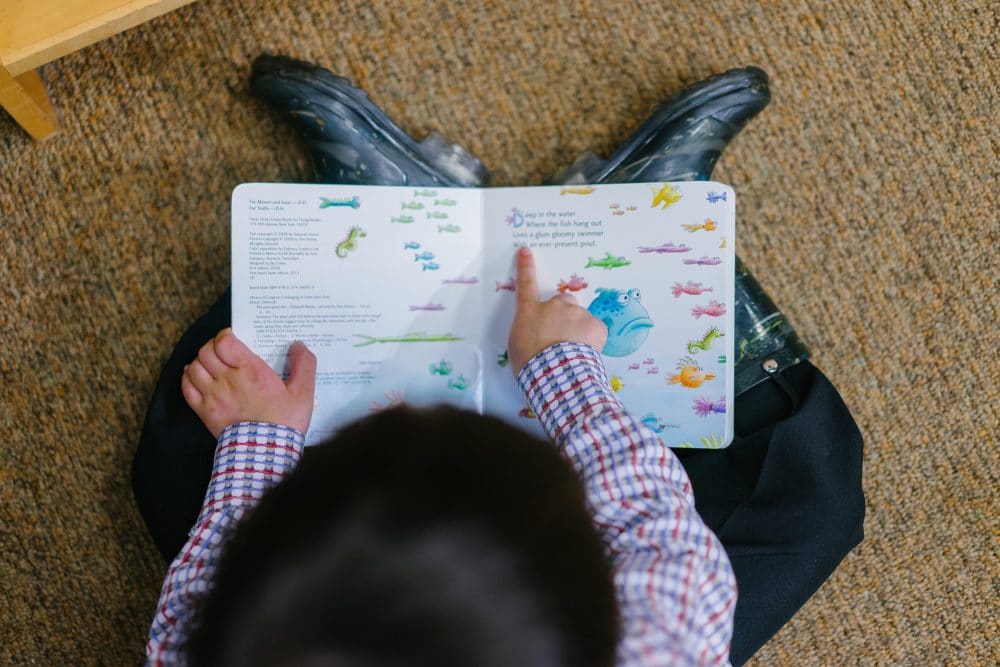Signs of dyslexia in children

Dyslexia is a learning disorder that inhibits a person’s ability to learn to read. The main characteristics are mixing up letters and words, which leads to trouble with reading and comprehension.
People with dyslexia have normal intelligence. Most children with dyslexia can succeed in school with specialised tutoring. Early assessment and intervention result in the best outcome.
What is dyslexia?
Dyslexia is a neural l disorder experienced by around 10% of people. A type of “special learning difficulty” (SpLD), dyslexia affects areas of the brain that process language. A person with dyslexia has difficulty reading due to problems identifying speech sounds and learning how they relate to letters and words (decoding).
Although it’s a neural condition, dyslexia is not linked to lower intelligence. Even people with a severe form of dyslexia can still be extremely bright and intelligent. Most children with dyslexia can succeed in school with tutoring or a specialised education program. Though there is no cure, early assessment and intervention result in the best outcome.
Signs of dyslexia in children
Dyslexia can be difficult to spot in children. It is often a teacher who first notices that a child is struggling to spell, read, or write (often aged around 5 and 6). Each child with dyslexia may experience different symptoms and challenges, and these may change over time.
A pre-schooler with dyslexia may show signs that include:
- Difficulty remembering the names of colours, numbers or letters.
- Learning new words at a slow pace.
- Start speaking late.
- Creates words by switching sounds or confuses words of similar pronunciation.
A primary-schooler with dyslexia may show signs that include:
- Unable to keep up with classmates’ reading pace.
- Difficulty finding the precise word they want to say or the accurate answer to a question.
- Difficulty understanding or processing sentences they hear.
- Unable to effectively identify differences and similarities between words and letters.
- Difficulty remembering lists of things.
- Difficulty pronouncing a word when hearing it for the first time.
- Difficulty in spelling.
- Writing and reading tasks take too long so they shy away from these activities.
If your child displays these symptoms, see a doctor to make sure hearing or vision loss isn’t to blame. If dyslexia is the cause, a doctor can refer you to a specialist for more tests and treatment.
The sooner dyslexia is diagnosed, the sooner the child can start treatment, and the sooner they can catch up to their peers. A specialised education program may include motivational and playful activities that encourage reading, oral expression, and image comparison.




